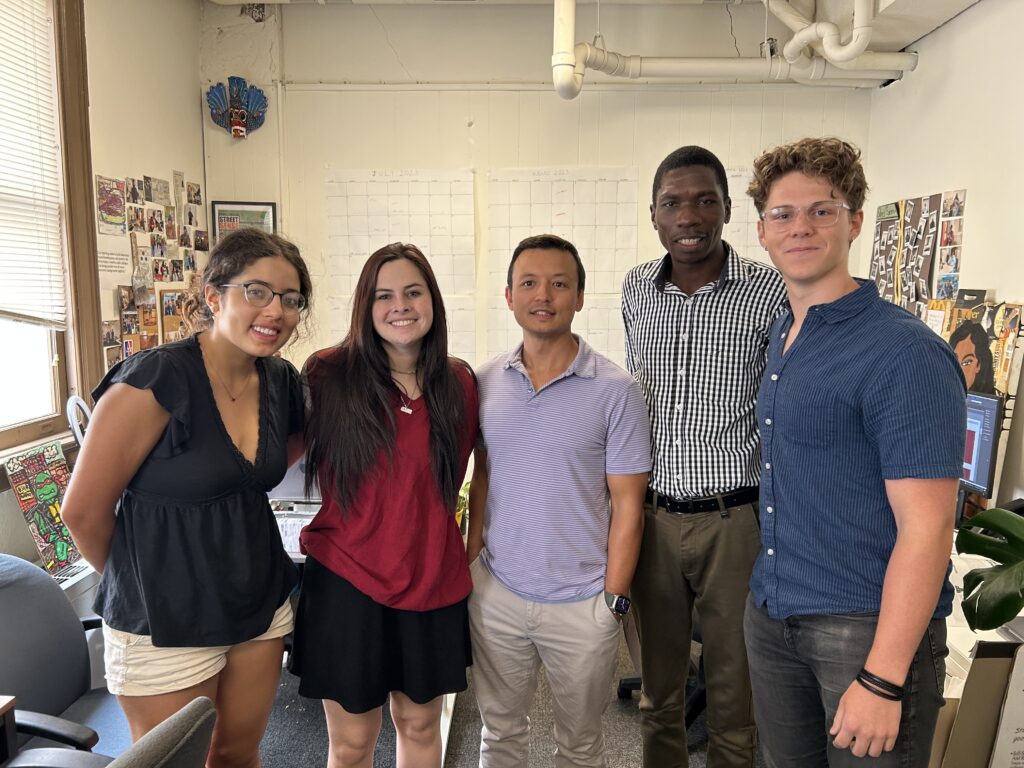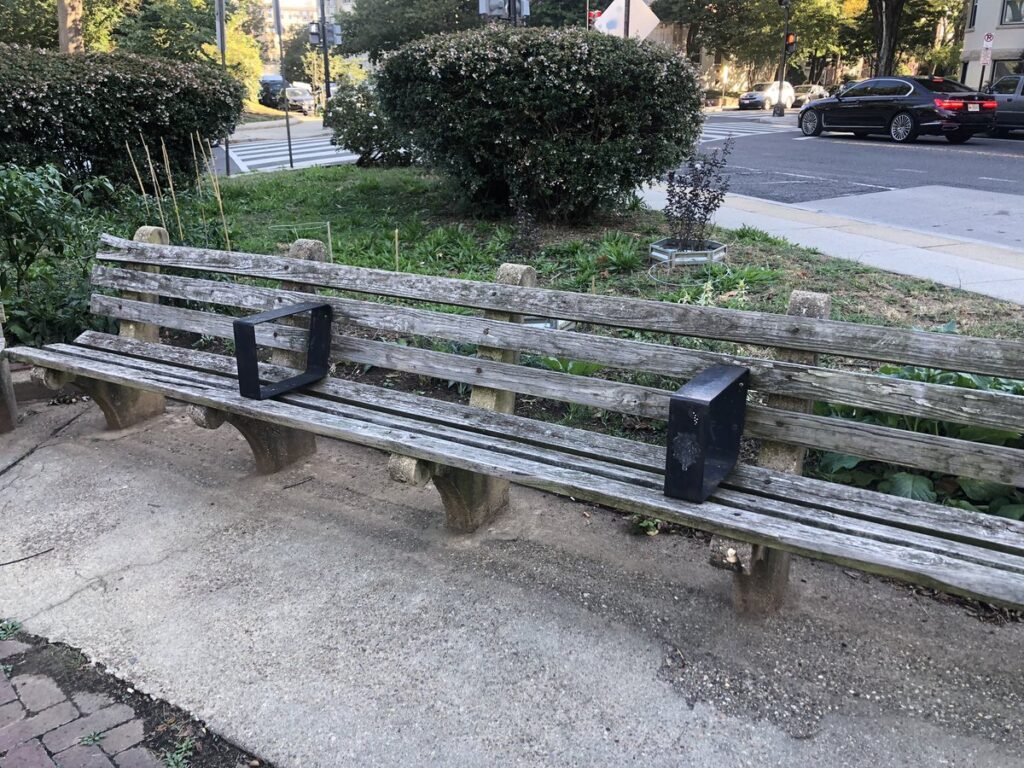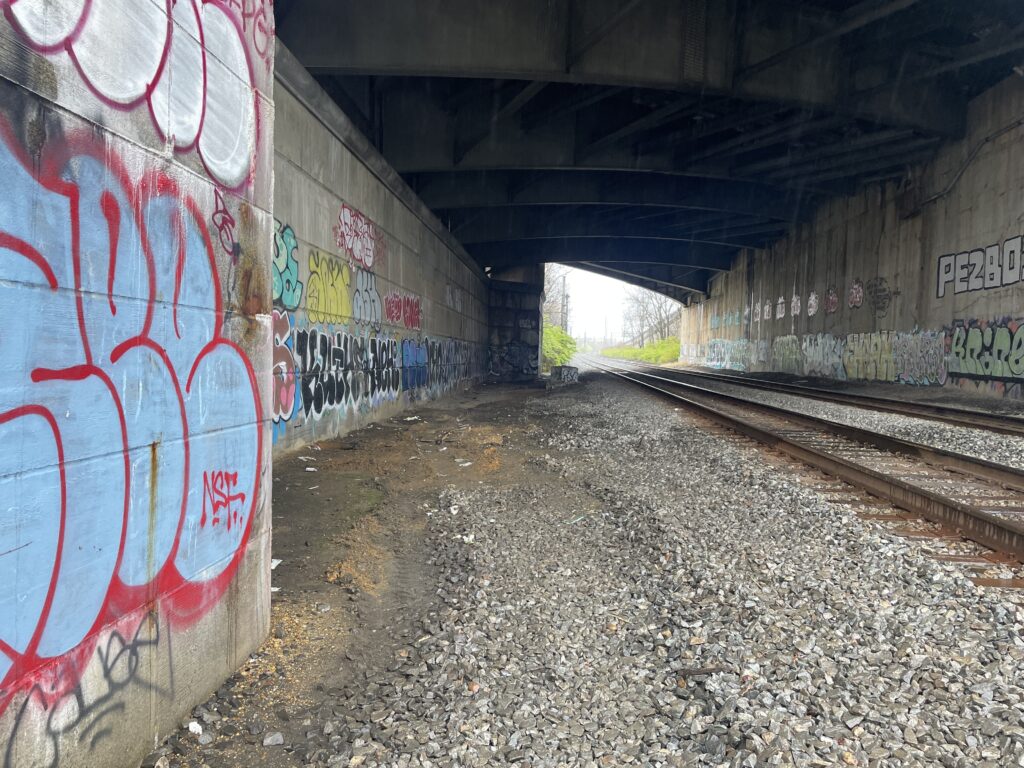“You’re from Zimbabwe, right?” said an artist and street paper seller. She smiled broadly as she greeted me.
In July, I arrived in D.C., the famous capital of the United States of America, known for its historical museums that celebrate the beauty and splendor of African Americans. After attending a leadership institute in Michigan I came to the city to pursue what’s known as a “professional development experience,” under a program called the Mandela Washington Fellowship. This fellowship is a flagship program of the U.S. government’s Young African Leaders Initiative which brings fellows from all over Africa working in different industries for professional work exchanges in the U.S.
Back home, in Zimbabwe, I run a publication called The Besana Mail, reporting on children’s issues and serving marginalized communities. The Besana Mail and Street Sense both give their target audiences a platform and space to change lives through developmental and solutions journalism. Within days of arriving to this city, I found myself at Street Sense Media, an organization whose ethos I recognized. The first two days made it clear to me that we share a vision about journalism. It is about more than just news and stories, it’s also about building a platform and valuing diversity.
Street Sense holds a practice every Wednesday to help homeless people with their writing. The woman I met was curious about who I was and what I was doing here. In order to start the day’s writing class, she assisted her older coworkers in gathering a pen and paper. We made small talk. The people I’ve met here are narrating their own tales. Seeing their bylines in the newspaper boosts their self-esteem and sense of community, according to Editor-in-Chief Will Schick.
Over the past several weeks, I’ve learned how Street Sense offers people a different way to earn an income. The biweekly newspaper is sold by homeless people connected to the nonprofit. Vendors stand around the corners of the streets selling the paper while wearing orange vests and bibs. For them, vending is a job. It gives them the opportunity to earn a wage rather than rely on charity. Papers are purchased for $0.50 wholesale and sold for $2. They can save money and eat thanks to the income they create. I couldn’t help but think of how their business model might apply to my work at The Besana Mail. What ways can I help empower the communities we represent to share their stories?
The Besana Mail is a completely different organization. It is structured and centered on the needs of the community. We use a “pillars five” approach, which relies more on research and audience engagement. The approach is a combination of the forms of journalism which we have adopted: developmental, investigative, digital, solutions and citizen journalism. Like Street Sense Media, our business model is not for profit. We rely on grants and fundraising to pool for resources.
Operating in Africa means being conscious of traditions and culture. For example, working with children and different tribes carries its own unique challenges. The Besana Mail makes it easier for people to discuss issues affecting children, even the taboo ones. Such discussions are informed by the community feedback through research prior to every discussion. People shape the discussions while we provide a platform that amplifies the voice of the marginalized communities.
The marginalized communities The Besana Mail serves are areas with little to no development of significance and over the years residents have not discussed issues pertaining to transparency, accountability and human rights due to a lack of informed decision making processes. This is for both children and the communities they live in. In this way, The Besana Mail has become home to many concerns affecting most communities in the southwest of Zimbabwe.
In recent times we have reported on illicit financial flows (IFFs) by local coal mining companies, red flagging their corporate social responsibility at the expense of local communities. We are currently reporting on the power of digital literacy in rural communities in a bid to close the digital divide of urban and rural areas.
Walking in the bustling streets of Washington, D.C., a city of affluence and opportunities, reminded me of the vastly different landscape of Zimbabwe. My first impression was that of a striking contrast between two worlds: one defined by prosperity and the other by a myriad of challenges. Here I encounter both white and African American homeless people in dozens of streets in Northwest D.C. The stories of these individuals who once had a home but now find themselves homeless underscore the disparities that exist between these two vastly different environments.
Streets in Harare, Zimbabwe are characterized by two main things: vendors and children on the move (street kids). Vendors go home and children on the move are very few there. Street homelessness is not an issue. Living on the streets is not common across Africa; especially for people over the age of 25 except for a sizable number of people suffering from extreme mental illness (In my country, we call this “Kupenga”). Walking through the streets of D.C. is fascinating; some sights remind me of my native continent and country. But I can’t help but notice how widespread homelessness appeared here. It is a serious and depressing issue.
Many of the homeless people I’ve encountered since July often have no viable alternatives for safe housing and are forced to face homelessness. In Africa, it is different. There, people have two homes, one in the city and the other in the village. It’s nearly impossible to be homeless there.
The majority of homeless people I’ve met at Street Sense Media are intelligent, innovative and creative. Many of them are professionals, former lecturers, public workers and graduates, but something happened along the way and they now live without homes. It seems the haves and the have-nots in every society on the globe faces similar struggles, whether in the U.S. or in Africa.
My experience working at Street Sense for this past month has strengthened my belief in not only the power of journalism but in the importance of covering issues that impact marginalized communities. Deliberate support for responsible journalism and media outlets serving specific groups in the U.S. is sustaining organizations like Street Sense. I learned that good journalism requires good laws and policies to create spaces where freedom of press is attainable. Collaborative approaches to common challenges globally can sustain journalism across the world and create an informed and empowered audience. This is the reality of changing communities.








